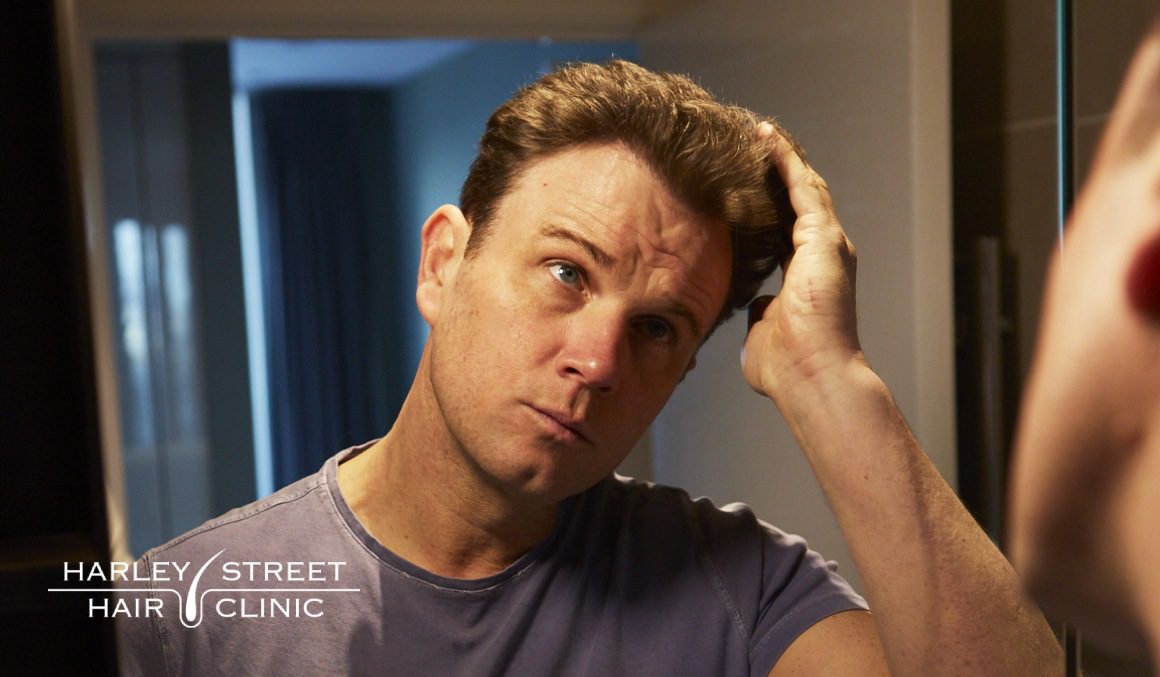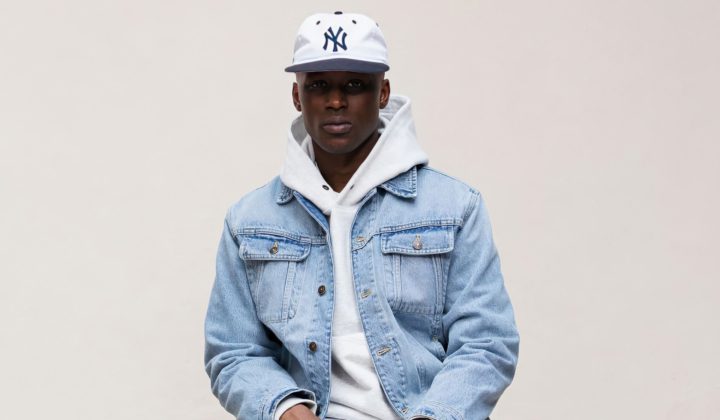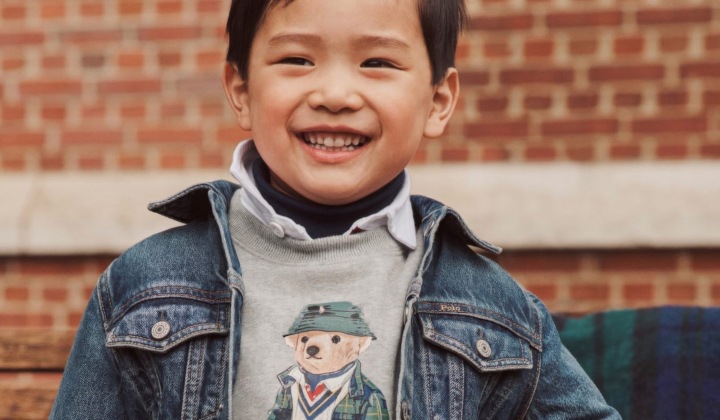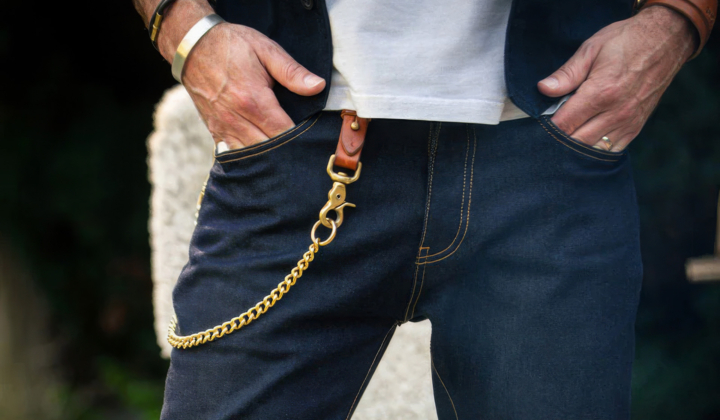How Do You Deal With The Mental Aspect Of Losing Your Hair?
No matter what age a man is when he starts to lose his hair, the impact is usually quite confronting. So much of our identity is tied up in our hair that when the strands begin to depart, we start to lose who we are in the process. The emotions, stress and anxiety of hair loss are not to be underestimated. Sure, to those with their full thatch it might seem shallow, vain and self-absorbed – but I can tell you from personal experience that it’s not something you’d wish on your worst enemy.
It usually starts gradually; noticing increased hair fall on your pillow or a slowly receding hairline in the mirror. At first, you think it’s not going to amount to much (commonly known as the denial phase), that maybe it’s just a seasonal thing. But then, almost suddenly, you wake up one morning and you’re officially balding (the acceptance phase). It’s not easy to take. You feel out of control, like your body is going off on its own, doing its own thing while your brain isn’t ready to accept it.
No one wants to lose their hair

One of the crueller aspects of hair loss is that it happens whether you like it or not. Other body issues you can usually do something about. You can build muscle, slim down, grow a beard or shave it off, have your ear pierced, get tattoos, have your teeth whitened. All of these things are proactive ways you can alter your appearance to look and feel better. And while you can certainly take action to prevent further hair loss, your hair is a part of you that you’ve had your whole life, and now it seems to be almost betraying you.
Our hairstyle has the ability to add or subtract years from our appearance. I doubt there is a balding man out there who would say his receding hairline made him look half his age. That’s why hair loss can feel so devastating. Seemingly overnight, it makes you look older (and not necessarily wiser). It doesn’t help to explain to hair loss sufferers that it’s simply a natural part of the ageing process.
An emotional burden
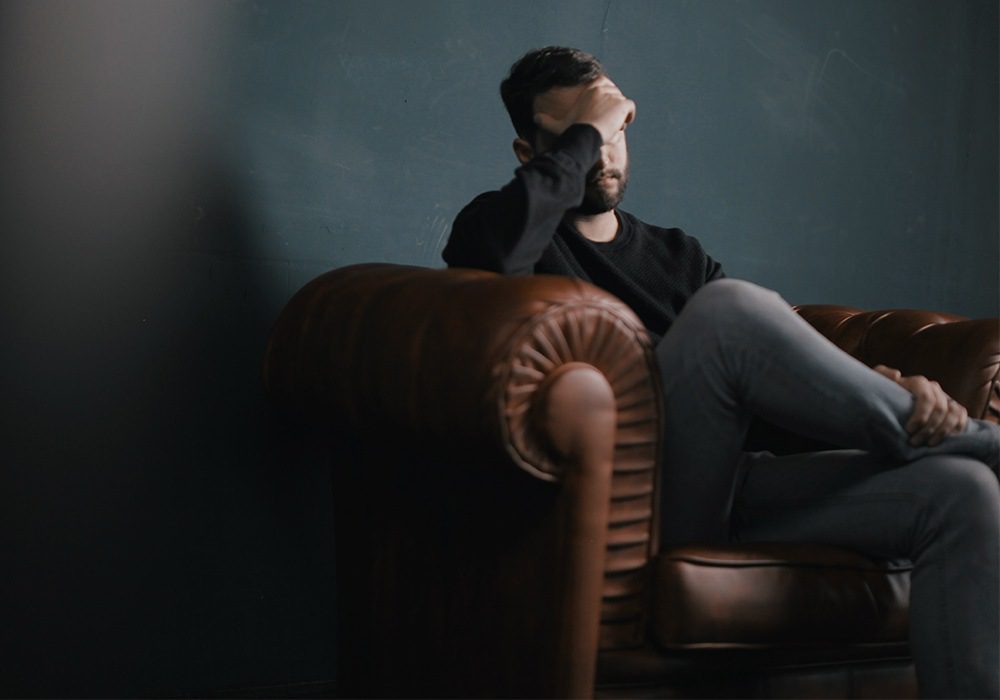
The internal burden of hair loss can cause real struggles. “The emotional impacts of losing your hair, especially when young, can have a profound and detrimental effect on an individual’s mental health,” says Dr. Scott Alexander, a leading IAHRS.org hair transplant surgeon. Some men turn to alcohol, smoking and recreational substances to tune out to it. Some take the proactive route and explore their options in terms of treatments. Others again feel lost right from the start and find it difficult to climb out of the funk they find themselves in.
Depression, anxiety and feelings of isolation are not uncommon. Finding the right solution can seem like a gigantic mountain to climb. One minute, life is cruising along nicely: great car, fulfilling job, beautiful partner. When your forehead starts getting higher, it instantly becomes all you can think about. Who should I go and see? What should I buy? How expensive is this going to be? All your previous goals seem to fly out the window because you’ve now got a bigger, more pressing priority.
There’s definitely a sense of hopelessness. You really do go through those seven stages of grief – shock, denial, anger, bargaining, depression, testing and acceptance – even though it seems like a huge cliché.
A lot of men can become very withdrawn. They stop going to the pub, stay back late at work to avoid the crowded commute and regularly turn down invitations to social events. If they do talk about their hair loss with a partner or close friend, the advice they tend to hear is: “Oh, it’s not so bad, don’t worry about it.” Oddly, there’s nothing like a well-intended word of encouragement to make you feel worse.
In the case of alopecia, which is more severe than male pattern baldness and can cause hair loss to the entire body, studies have shown that the levels of stress experienced by patients are similar to that of severe, chronic and life-threatening diseases. Indeed, Spencer Kobren, the president of the American Hair Loss Association, regularly refers to the emotional impact and mental drain that comes as a result of dealing with hair loss as like “a cancer of the spirit”.
How to shake off the angst and move forward

To anyone suffering from anxiety, depression and any other emotional impact from facing hair loss, the best piece of advice I can give, as someone who went through it, is to not surrender to it. Don’t allow yourself to feel bad or let yourself spiral about something that can be treated.
First and foremost, book an appointment with your regular doctor. They may run some tests on you for vitamin deficiencies and other irregularities, or simply confirm that you are, in fact, dealing with hereditary male pattern baldness. If you’re experiencing any kinds of emotional distress, be sure to discuss this while you’re there too.
Next, get yourself educated. Seek out thoroughly reputable sources of information that will keep you moving forward and not chasing rainbows. As both a hair loss sufferer and patient advocate and influencer in this space, I can guide you towards genuine, credible sources and practitioners. You can find impartial information about hair loss conditions, treatments and products, along with the latest news from the sector, in my article archive for Ape to Gentleman as well as on my personal website, spexhair.com.
Nadeem Khan, Clinical Director at London’s leading Harley Street Hair Clinic, confirms that education is key to getting a grip on your hair loss, both physically and emotionally. “We see so many men who are depressed and very desperate as a result of their hair loss but it’s vital they get extensively educated on the process involved before jumping in,” says Khan.
“Taking time to research the procedure and the process is key. It in turn will ease their anxiety and empower them. We want all our patients to be informed and fully equipped mentally and emotionally prior to hair transplant surgery or Advanced Tricho Pigmentation.”
But above all, understand that all hope is not lost. Hair loss is unbelievably common, and you are not alone. There are many different treatments and once you become aware of this, you’ll start to feel better. The last thing you want is to have to treat two conditions: hair loss and depression. Seek help for both but if you act quickly enough on the first, you can feasibly stave off the other.
—
Hopefully this article has helped some of you who may be struggling and dealing with certain aspects of hair loss, as the topic is a very important one to me, especially in these times. If you’d like to hear more on this subject, I’ve been asked to provide a talk on the topic at the upcoming Global Hair Loss Summit 2020 virtual conference in October.
